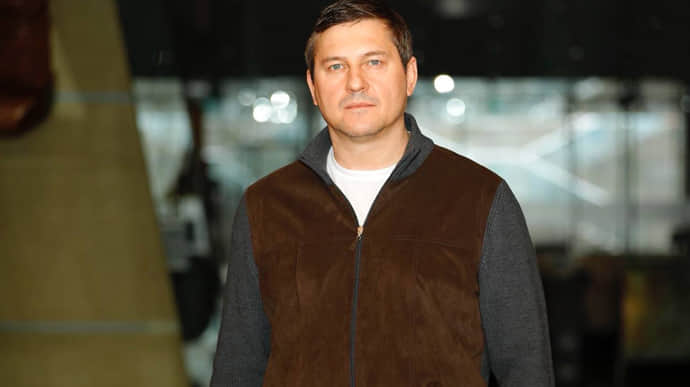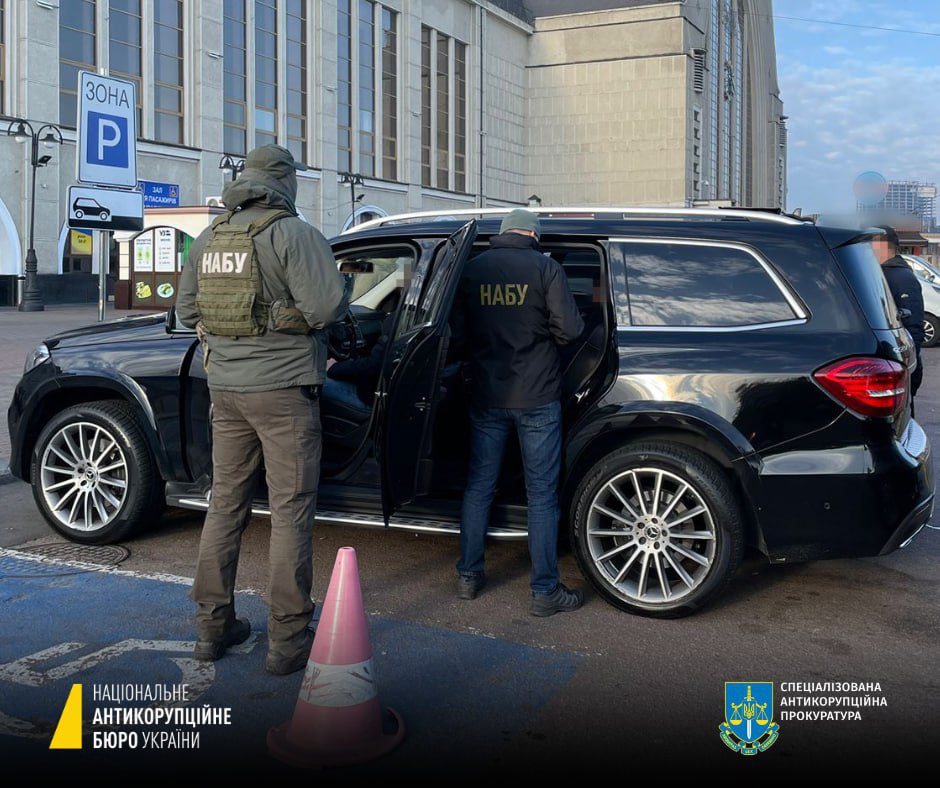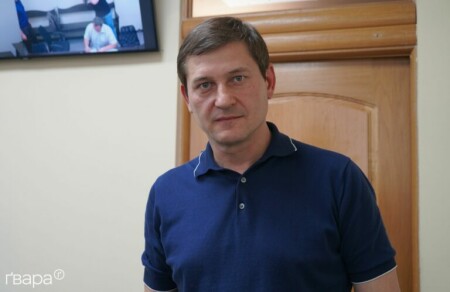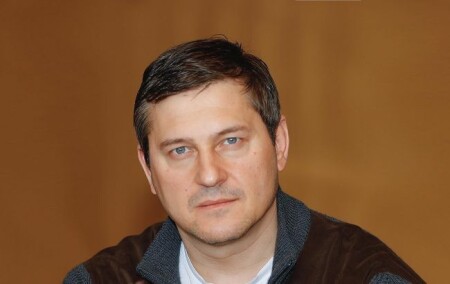Case description
On November 14, 2024, the HACC found Member of Parliament Andrii Odarchenko guilty of attempting to bribe the former head of the State Agency for Recovery, Mustafa Nayyem, using Bitcoin. Judge Viktor Nohachevskyi sentenced the MP to 8 years of imprisonment. The verdict is currently being appealed to the HACC Appeals Chamber.
The NABU and the SAPO accused MP Andrii Odarchenko of trying to bribe Mustafa Nayyem to get money from the Fund for the Elimination of the Consequences of Armed Aggression.
In this case, anti-corruption authorities documented for the first time a bribe in cryptocurrency. According to the investigation, Andrii Odarchenko, a member of the Committee on Anti-Corruption Policy, offered Mustafa Nayyem a bribe in the Bitcoin cryptocurrency in August 2023, equivalent to USD 50,000.
In exchange for this amount, Nayyem was supposed to facilitate the allocation of funds from the Fund for the Elimination of the Consequences of Armed Aggression for the repair of the university buildings, where Odarchenko continues to hold the position of rector (the contract is currently suspended due to his election as an MP).
Allegedly, Odarchenko and Nayyem met at the premises of the Recovery Agency to discuss a proposal from the Interagency Working Group regarding funding for the university where Odarchenko served as rector.
During recorded conversations, Odarchenko expressed dissatisfaction with the proposed funding amounts and questioned the likelihood of receiving the money. Nayyem explained the process involved Cabinet and Budget Committee approval. When Odarchenko asked whether someone needed to be paid, Nayyem replied that he didn’t know and further discussions would be necessary. Odarchenko then offered to provide a crypto wallet, stating he didn’t want to deal with cash, and referenced typical “earnings” of up to 20% in the construction business.
Three days later, Nayyem referred to NABU, reporting that Odarchenko had offered him an undue advantage in exchange for including projects from Kharkiv region in the funding proposal to the Fund and the draft Cabinet of Ministers resolution. When Odarchenko returned to the Agency, he again offered $50 as a preliminary transfer and proposed they agree on a percentage. Nayyem appeared to agree. Later, they discussed a 15% “rate,” and Odarchenko reiterated the advantages of using cryptocurrency and promised to transfer funds via a crypto wallet.
The percentage was discussed repeatedly, with 17% considered average. Odarchenko assured Nayyem he would still receive the money even if he no longer held office.
At a subsequent meeting, Odarchenko expressed readiness to make an upfront payment of “a half stack” or even UAH 100,000. He insisted that Nayyem commit to approving his projects and rejecting others. Odarchenko stated that 15–16% could realistically be “skimmed,” with 2–3% spent on crypto conversion and 5.5% to be transferred to a crypto wallet. Odarchenko then said a friend would join them to help install hardware wallet software. He asked them to put away their phones and implied he would hand over “a ten” (likely $10,000), after which the conversation continued in whispers.
As soon as the money was allocated from the fund, Mustafa Nayyem received bitcoins equivalent to USD 10,000 to his crypto wallet. The official, however, reported the bribery attempt to the NABU and became a whistleblower in the case.
When choosing an interim measure for Odarchenko, the prosecutor read out the recordings of the conversations with Odarchenko. These recordings showed that the MP allegedly had loyal people around the world. He also said that it was time for Ukraine to negotiate with Russia and cede Crimea, as well as Donetsk and Luhansk regions.
Andrii Odarchenko fled in September 2024, shortly before the closing arguments in court. He left his mobile phones with his driver, assuring him he would make his way to the Verkhovna Rada on his own, but never returned. Odarchenko crossed the border into Romania outside an official checkpoint and applied for asylum in the country, citing threats to his life.
According to a report by Ukrainska Pravda, in February 2024, Andrii Odarchenko was detained by Hungarian police, but was later released after informing them that he had applied for political asylum in Hungary. He is believed to be residing in Budapest.
The HACC found the MP guilty. Odarchenko's actions are qualified under Article 369(4) of the Criminal Code of Ukraine. He was sentenced to eight years of imprisonment with confiscation of property and a three-year ban on holding certain positions. The court also applied special confiscation to Odarchenko’s hardware wallet and 0.39 Bitcoin.
The case is now before the HACC Appeals Chamber.




































.png)


.png)
.png)
.png)
.png)